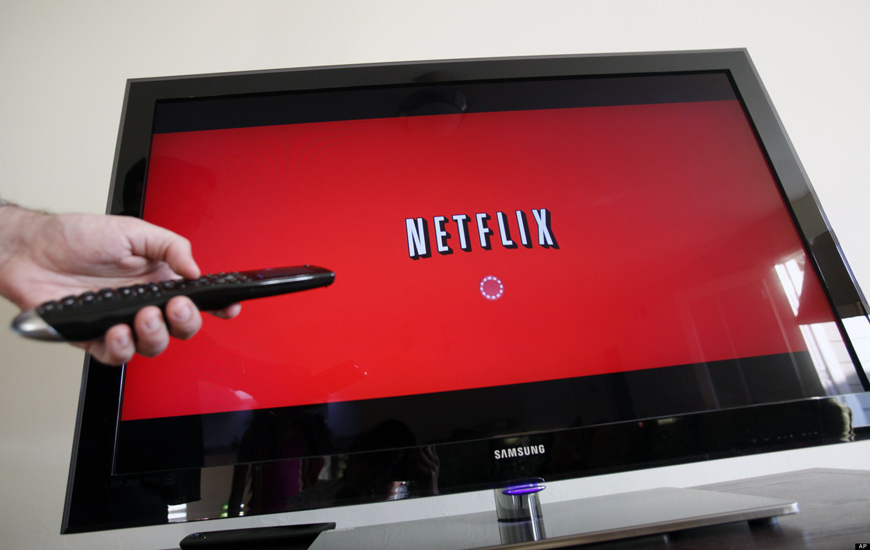The latest NPD numbers show Hulu growing at a surprisingly robust pace. Its share of U.S. shows streamed in Q1 2013 jumped to 10% from 7% in the same period one year earlier. Netflix still stands in majestic solitude with an 89% share, but its dominance is not preventing Hulu from gradually gaining ground. New reports suggest that no fewer than seven possible buyers are circling Hulu. The most interesting scenario for American consumers would be an acquisition that would lead to a deep-pocketed buyer investing heavily in exclusive Hulu content in coming years — over the past couple of months, Netflix has demonstrated that new content from streaming video providers could have a seismic impact on the U.S. media business.
“House of Cards” was a smash last winter. But “Arrested Development” may be the real turning point. An astonishing 30% of all Netflix-enabled devices were streaming the show on the Sunday it debuted. Hard numbers have not been made public, but show sampling levels in certain DSL networks were more than twice as high as they were for “House of Cards.”
Some of the reviews for the show were mixed, but that may have been a result of early confusion about what Netflix had actually created. The new season of “Arrested Development” was not a linear series of 23-minute episodes broadcast once a week. It was more of a hypercube of shows that portray a series of events out of sequence and from different points of view.
The episodes had different lengths, rhythms and plotting than the old network show, creating a comedy epic that the viewer had to piece together from a myriad of fragments. This is the “Rashomon” of our generation — an entirely new way of constructing a narrative. It may well lead to far higher reviewing levels than normal shows can ever hope to attain. Once you have seen all the episodes and circle back to the first one, you suddenly discover new details and sly hints you missed on the first viewing. Reviewing becomes mandatory.
Netflix has exploded the old broadcast television format. The vistas this opens for new series are endless. Entire 10-episode cycles can be created in a way that makes them far more elaborate and tightly plotted than anything network television can handle. A series can include a 12-minute episode consisting of a single character study followed by an 80-minute episode that is a miniature road movie. Four back-to-back episodes can portray a single event from four points of view, which is something that would be impossible if the viewing is spread over a one month period. This new level of creativity is bound to attract top-level talent to a unique genre of television.
But it would be such a downer if Netflix is the only trailblazer with the new binge-consumption format with high-quality original series.
The optimal scenario for consumers would be Hulu finding a wealthy and aggressive buyer willing to spend hundreds of millions on new content — and Amazon being then forced to follow suit. Three strong streaming content players with raw original content ambitions could mean a whole new world for American consumers. It would hasten the decline of broadcast television and perhaps force premium cable television to experiment with its own video on demand content palette.
Much is at stake with Hulu’s negotiations — a timid buyer with no intentions to match Netflix’s content innovation could slow down the pace of U.S. television programming revolution in coming years.




